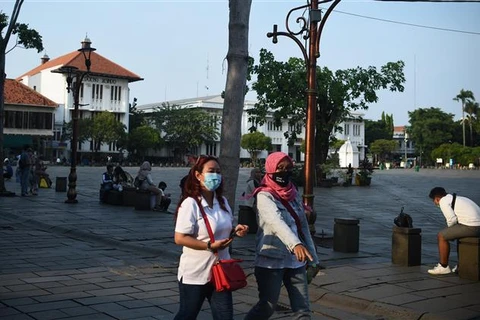Jakarta (VNA) – The Indonesian Government plans to monitor its fish exports to China more strictly after the latter imposed a series of import suspensions over concerns about coronavirus contamination.
According to the Indonesian Ministry of Maritime Affairs and Fisheries, as of November, three Indonesian fish exporters from North Sumatra, East Java and Banten had faced import suspensions from the Chinese customs authority after it allegedly discovered the novel coronavirus in samples of their products.
The Ministry of Trade’s spokesperson Fithra Faisal said that the government will step up its efforts to detect the coronavirus in fish exports bound for China and will possibly expand such measures to exports to other countries.
China began testing imported chilled and frozen meat and seafood for the coronavirus in June. The effort was intensified in November after port workers in Chinese cities tested positive for the virus.
In November, China said it had found the virus on the packaging of products from 20 countries, including German pork and Indian fish.
On November 10, China had suspended imports from Indonesian fish exporter PT Anugrah Laut Indonesia for one week after COVID-19 was allegedly detected in a sample of frozen fish products supplied by the firm./.
VNA






















